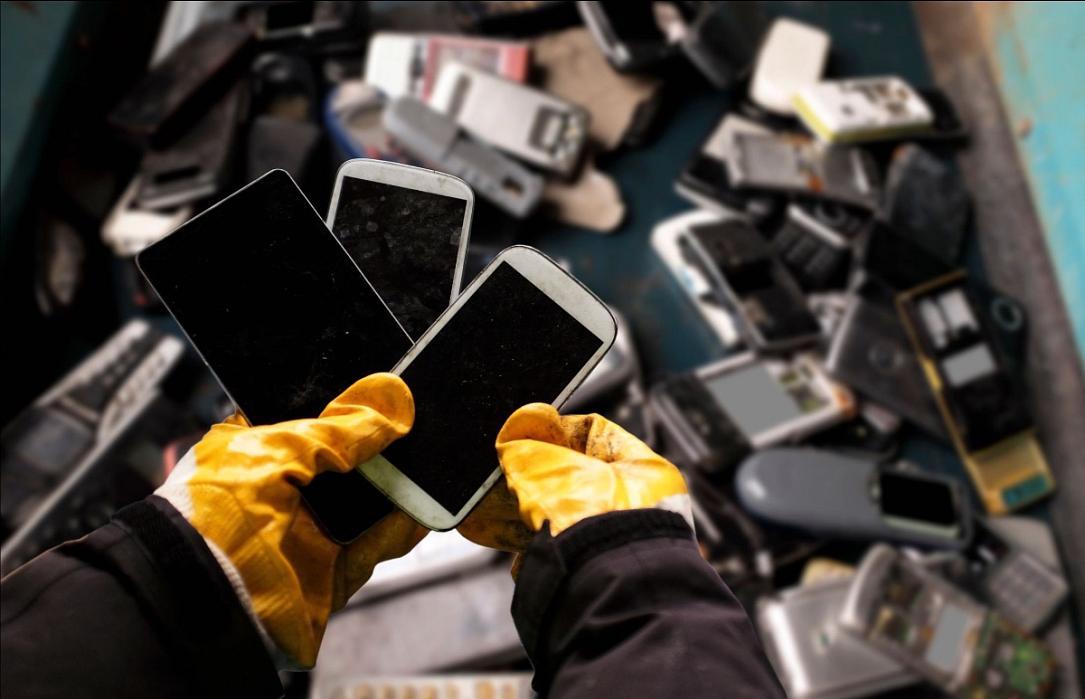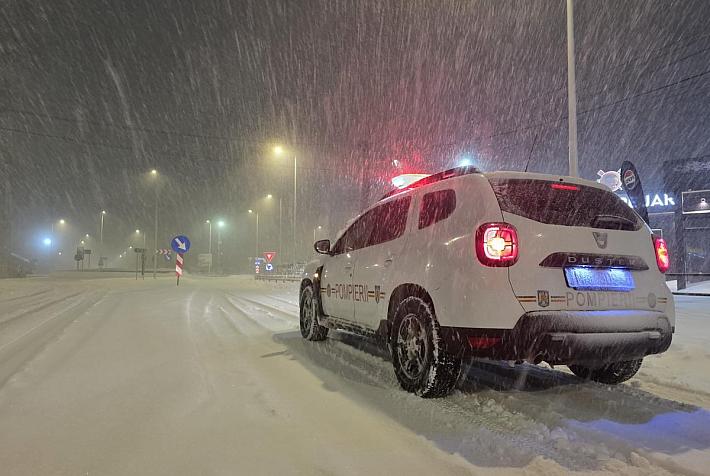More out-of-use phones than people in Romania, association says

There are more broken or unused mobile phones in Romania than the country's population, contributing to the over 16 billion broken or out-of-use mobile phones worldwide, one-third of them in Europe, and making electronic waste the fastest-growing category of waste.
The European Economic Social Committee says that 90% of adults in the European Union own a mobile phone, half of which are smartphones. It is estimated that mobile phone sales will reach 5 million units per day in 2023.
According to some estimates, 5.3 billion such gadgets became out of use just last year. Romania is no exception. There were no less than 23 million mobile phones in Romanian homes and drawers, according to estimates from the RESPO DEEE Association. The figure represents an increase of one million from 2020.
"The increase in living standards in European countries, especially in the last 7-8 years, has led to a change in people's behavior and appetite for consumption, especially in terms of electrical and electronic products,” says Cristian Pocol, president of the RESPO DEEE association.
“We are buying more than ever and frequently replacing our mobile phones, attracted by offers, new models, and improved performance or better camera resolution. In Romania, the buying trend is still on the rise, especially fueled by Black Friday and year-round discounts. We are encouraged to buy, but the biggest problem is what we do with these broken or unused mobile phones,” he adds.
Many people choose to keep broken phones at home even if they no longer use them. Some throw them in the garbage, ignoring the major dangers that the components of such products can have on nature.
Mobile phones are part of the category of electronic products that can be recycled by 90%. Smartphones are mostly composed of metal (45%), glass (32%), and plastic (17%), contain precious metals such as gold, silver, copper, or cobalt, but also toxic substances that can seriously affect the health of people and contaminate the soil once they reach the landfill.
"The fact that we do not recycle mobile phones is a real problem, not only in Romania or the European Union but all over the world. A smartphone contains over 70 elements in its composition, more than half of the elements included in Mendeleev's periodic table. By recycling mobile phones, we must understand that we are making an essential contribution to the health of the environment. Smartphones contain rare materials such as tantalum, tungsten, gold, silver, or palladium. With every 10,000 mobile phones recycled, we avoid extracting 26 tons of gold ore and 29 tons of silver ore,” Pocol says.
He also notes that it takes 23 tons of CO2, 27 grams of mercury, 22 grams of arsenic, and 2000 tons of waste to extract one kilogram of gold from a mine. “If we were to recover the gold from mobile phones, the amount of waste generated would only be 10 kilograms and only 50 liters of water would be consumed,” he says.
The materials recovered from mobile phones can re-enter the economic circuit as raw materials.
Unfortunately, according to the reBuy study, Romania has a recycling rate of only 11% for damaged or discarded mobile phones, placing the country in the last place in the European Union.
The official data of the United Nations indicates that the world generated 53.6 million metric tons of electronic waste, or e-waste, in just 2019. Of these, only 17.4% were recycled. E-waste is the fastest-growing category of waste at present.
Electrical and electronic equipment waste, in this case, mobile phones, should not be thrown away or kept in homes along with other products but should be personally transported to dedicated recycling centers/new product stores or handed over for collection to companies that offer this service, like RESPO DEEE.
(Photo source: RESPO DEEE)













